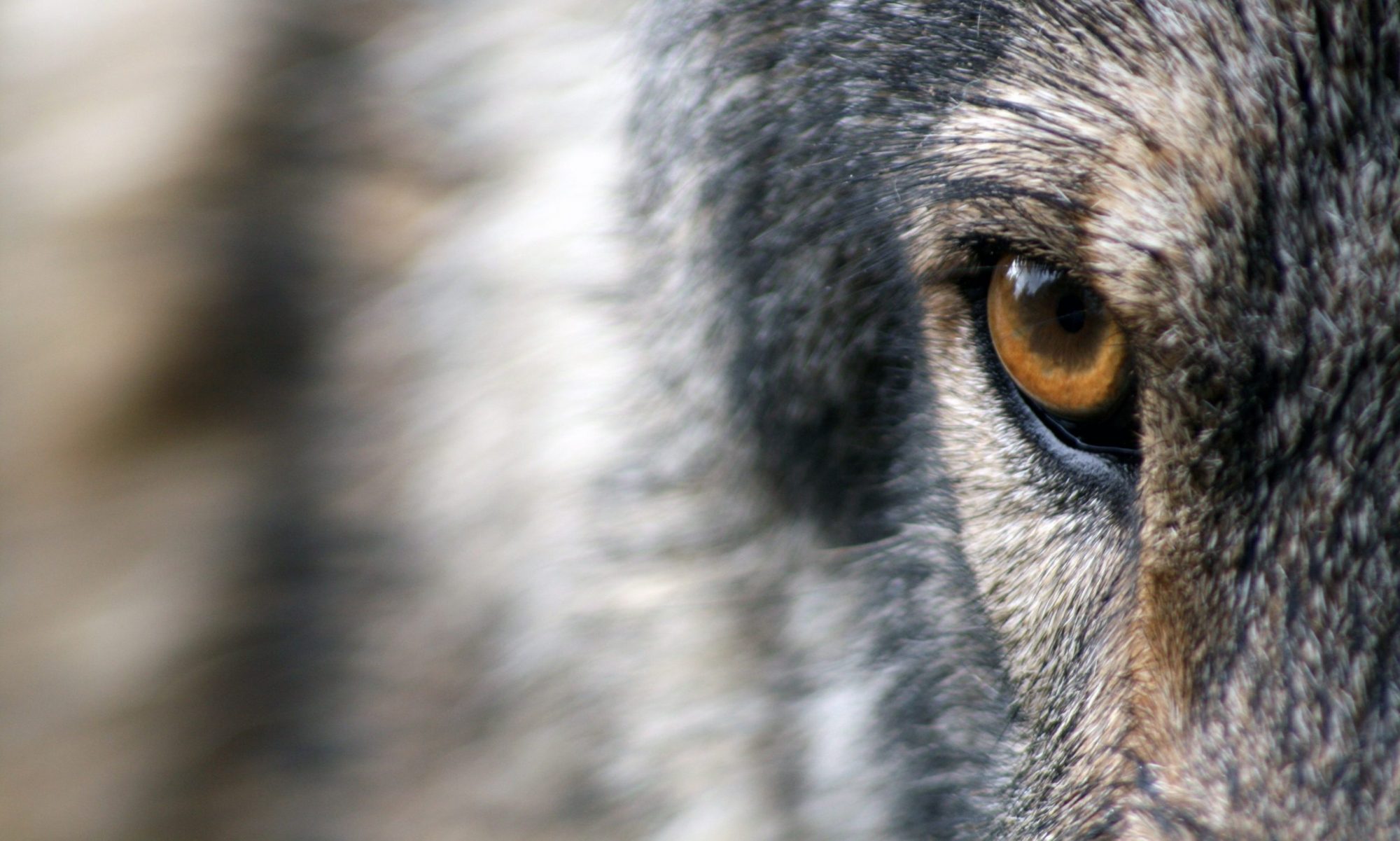Welcome to AlphaBlueWolf
Czechoslovakian Wolfdog Kennel – coming soon…


Chienloup tchécoslovaque | Czechoslovakian wolfdog | Československý vlčák
Welcome to AlphaBlueWolf
Czechoslovakian Wolfdog Kennel – coming soon…
The Czechoslovakian Wolfdog (Czech: Československý vlčák, Slovak: Československý vlčiak, German: Tschechoslowakischer Wolfhund) is a wolf-dog breed that began as an experiment conducted in Czechoslovakia in 1955.
After initially breeding working line German Shepherds with Carpathian grey wolves, a plan was worked out to create a breed that would have the temperament, pack mentality, and trainability of the German Shepherd and the strength, physical build and stamina of the Carpathian wolf. The breed were originally used as Border patrol dogs but were later also used in search and rescue, Schutzhund sport, tracking, herding, agility, obedience, hunting, and drafting in Europe and the United States.
It was officially recognized as a national breed in Czechoslovakia in 1982, and was officially recognised as a breed by Fédération Cynologique Internationale (FCI) in 1989.
The Czechoslovak Wolfdog develops a very strong social relationship; not only with its owner, but with the whole family. It can easily learn to live with other domestic animals that belong to the family; however, difficulties can occur in encounters with strange animals. It is vital to subdue the Czechoslovak Wolfdog’s passion for hunting when it is a puppy to avoid aggressive behavior towards smaller animals as an adult. The puppy should never be isolated in the kennel; it must be socialized and get used to different surroundings. Female Czechoslovak Wolfdogs tend to be more easily controllable, but both sexes often experience a stormy adolescence.
The Czechoslovak Wolfdog is very playful, temperamental, and learns easily. However, it does not train spontaneously; the behavior of the Czechoslovak Wolfdog is strictly purposeful: it is necessary to find motivation for training. The most frequent cause of failure is usually that the dog is tired with long useless repetitions of the same exercise, which results in the loss of motivation. These dogs have admirable senses and are very good at following trails. They are very independent and can cooperate in the pack with a special purposefulness. If required, they can easily shift their activity to the night hours. Sometimes problems can occur during their training when barking is required. Czechoslovak Wolfdogs have a much wider range of means of expressing themselves and barking is unnatural for them; they try to communicate with their masters in other ways (mainly through body language, but also with quiet noises such as growls, grunts and whining). Generally, teaching the Czechoslovak Wolfdog stable and reliable performance takes a bit longer than teaching traditional specialized breeds. The Czechoslovak Wolfdog has been successfully employed as a Search And Rescue (SAR) dog in Italy, although handling one requires much more work than other breeds.